Opposition unity is essential, but...
- Rommel Rodrigues
- Sep 03, 2023
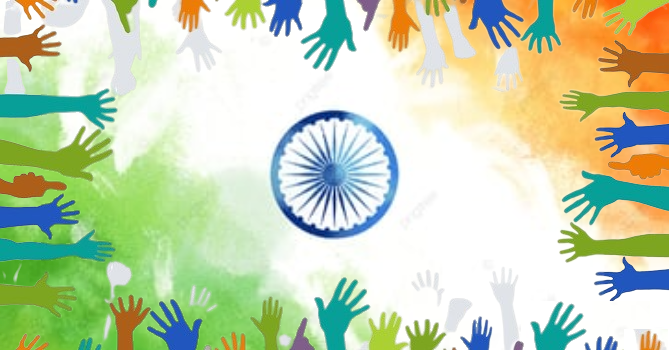
MUMBAI: The Indian National Developmental Inclusive Alliance, commonly known by its abbreviation (INDIA) an opposition front of over 26 political parties concluded its third crucial meeting in Mumbai recently, and to some extent, it can be said that so far they have been successful in projecting a united front that ambitously aims to stop the Bharatiya Janata Party (BJP) led National Democratic Alliance (NDA) from winning third straight elections in a row.
There is no doubt that opposition unity is important for ensuring a healthy democracy in countries that work on a system of government and form of liberalism in which state power is vested in the people based on principles of liberty and free will, just like our country.
Opposition unity is vital for several reasons, most notably to counter the ruling party and the policies of the government. This is also very critical to maintain a balanced power structure in the nation and prevent the ruling party from gaining too much influence.
When opposition parties who are aligned on similar doctrines, group together, they can more effectively confront the government compared to a single unit, which dilutes the potency and visibility. Besides they can speak for a broader spectrum of interests and opinions when more opinions and viewpoints are shared and discussed.
All this can make the government more receptive to the needs of all citizens, rather than cater to a small group or a select part of the society that it is more affiliated with. When they work as a combined force, the opposition parties can hold the government accountable and ensure that it is more transparent and efficient. This will also lead to enhancing governance and lowering corruption.
Countering the strength of the ruling parties for electoral success is another win-win for those who are opposition benches as when they unite, they can increase their chances of winning elections. In a vast nation like India, where the ruling party enjoys a huge advantage due to its resources and influence, this is especially crucial to present a stronger challenge.
Political pundits and experts say that unification among the opposition is viewed as a smart electoral strategy. Opposition parties can pool their resources, strengthen their base of support, and increase their prospects of winning elections when they join together and create alliances or coalitions. This is especially important under a first-past-the-post electoral system like the one used in India, where a divided opposition might cause votes to be divided in favour of the ruling party.
However, in our country with hugely diverse views and ideologies espoused by different political parties, uniting opposition parties to fight the might of the ruling NDA has its own - ifs and buts - and although there are many factors that will have an impact on how it will work on the ground, we can narrow down on specific critical issues.
One of the main concerns would be that each party will have to drive down the message to their mass base as to why they should consider electing the consensus opposition alliance candidates in place of their own contenders.
Each of the opposition parties (many of whom have been breakaway factions of the Congress Party) over the years have worked very hard to build their own identity based on representation of interests and build support base groups that rally behind them.
This can also lead to much confusion among the voters. Say in a regional party stronghold if, by the alliance consensus, a candidate from a different party (which was traditionally opposed) has been fielded and is being canvased for, the voter of that party could start thinking if his mandate would be wasted.
To assume that traditional votes will seamlessly get transferred to a united opposition candidate would not be proper and there would always be a risk that the voter could shun both the opposition parties and settle for the ruling party candidate. Will regional parties risk this group in the name of a united front considering it as a shortcut to electoral success?
Then there is the risk of internal sabotage. For long political parties have had to face the outrage of their cadre when tickets were given to those who came from other parties. The last assembly elections in Uttar Pradesh is a good example of both of the above scenarios.
The second and more crucial issue could arise from within the cadre of regional parties. Unlike big national parties, workers have to work very hard to be recognised and be able to rise in ranks and it is a difficult fete to be able to reach the stage where one is considered as a party contender. With the alliance now deciding on nominees will it be easy to convince party workers now to shed their ambitions and work for an alliance candidate?
There is no doubt that the opposition group right now would be deliberating on all the above and other issues that will arise in the run-down to the election season and they would surely be bearing in mind that a strong united force will need to translate into a stronger electoral force. They surely know that if things are not managed well, the whole exercise could turn counterproductive.



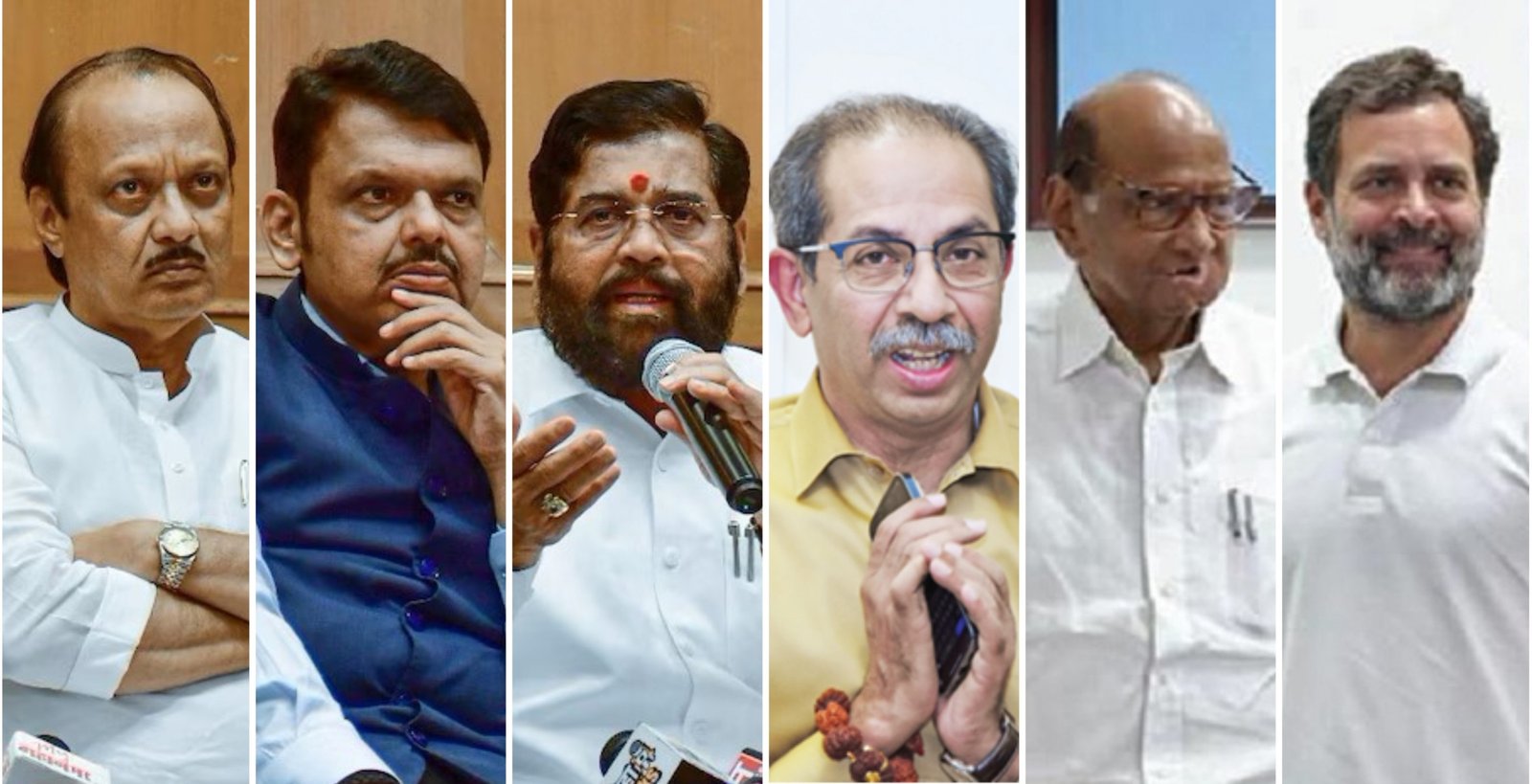
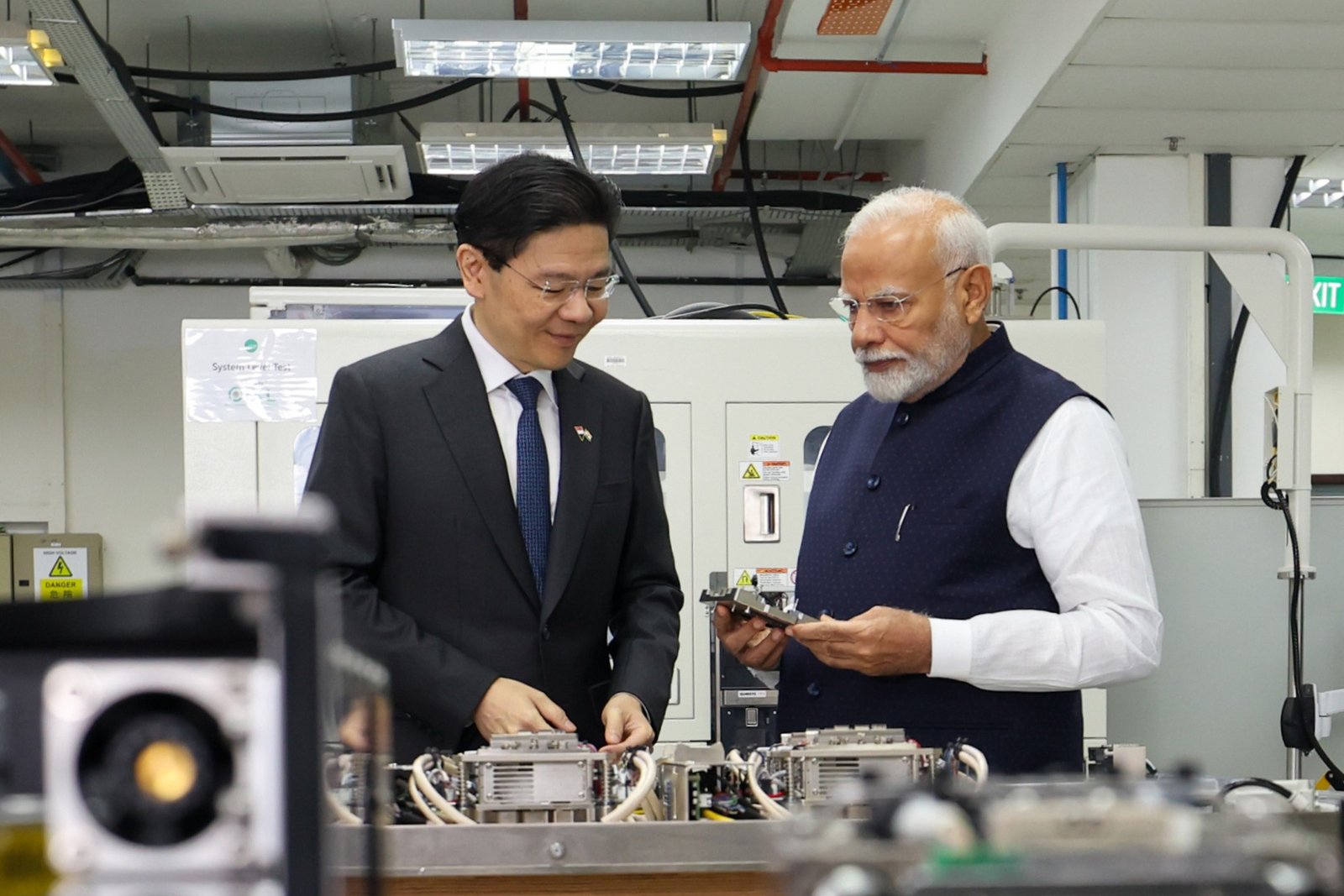
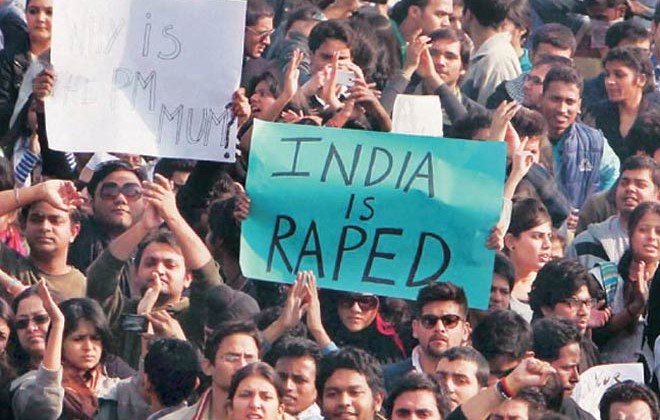
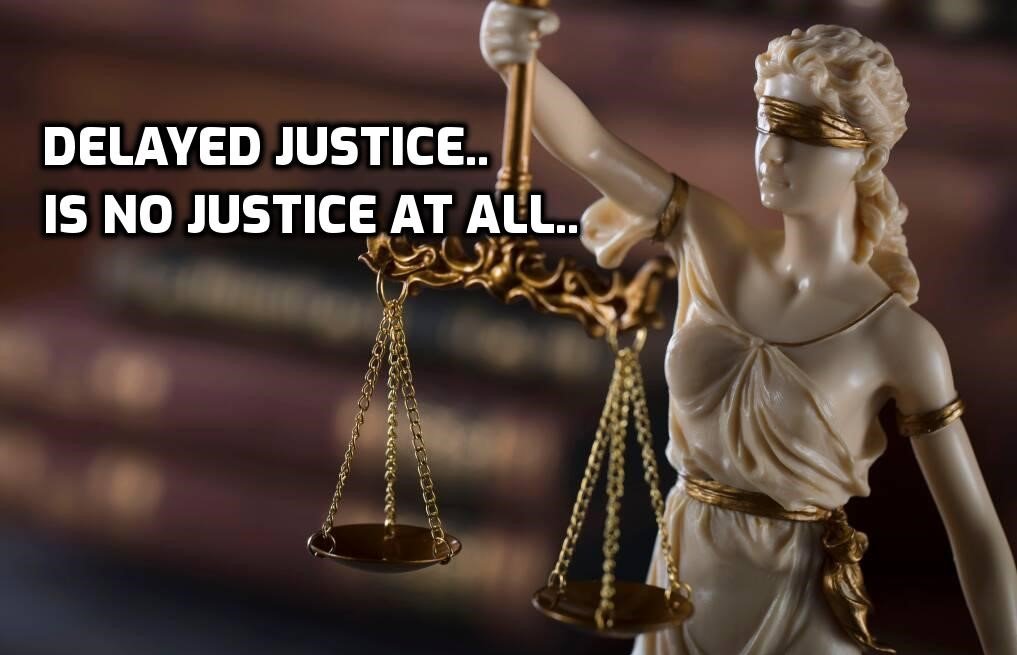

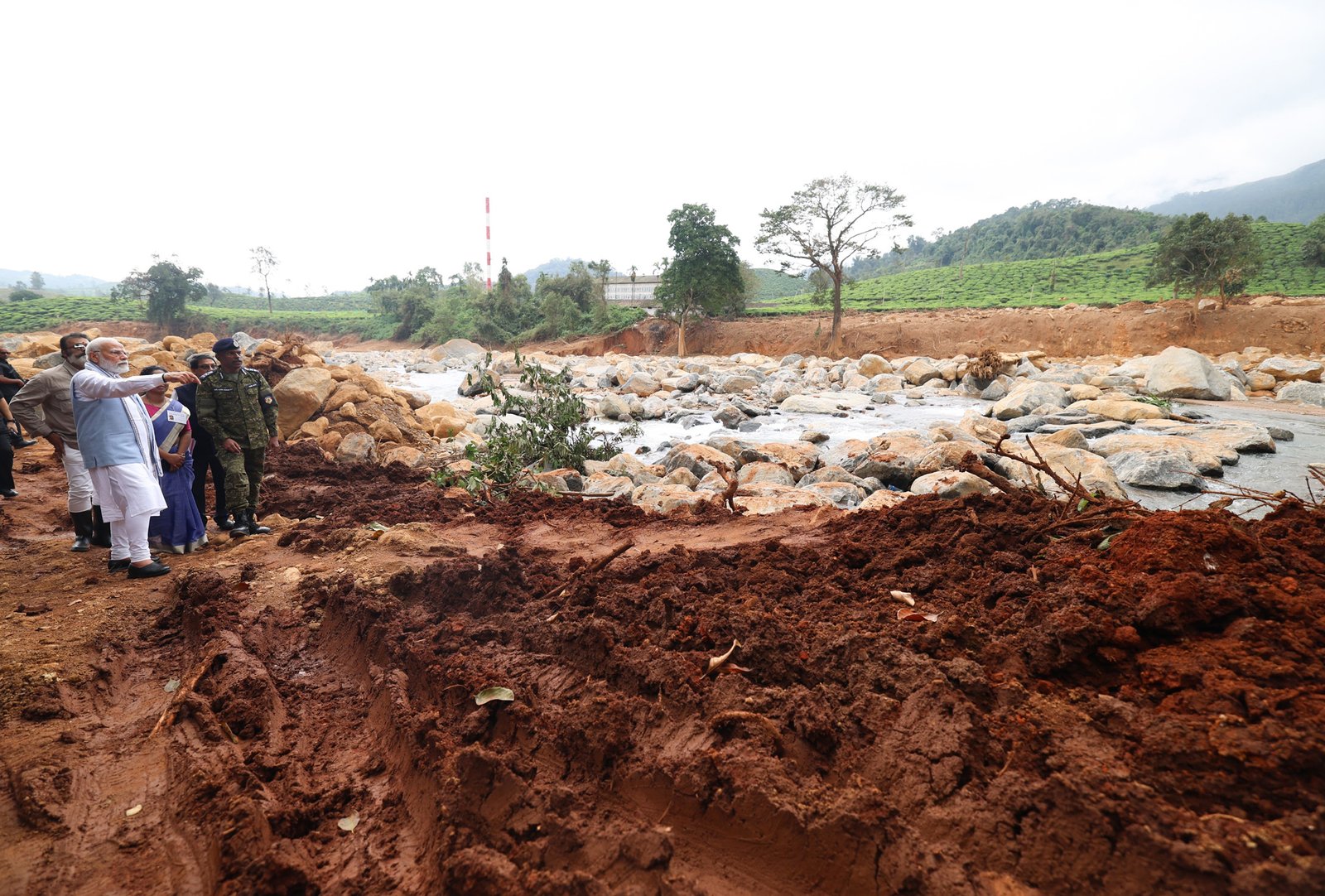
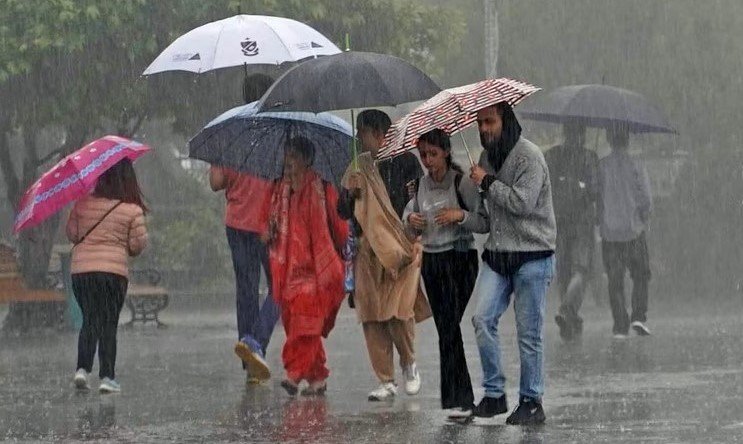
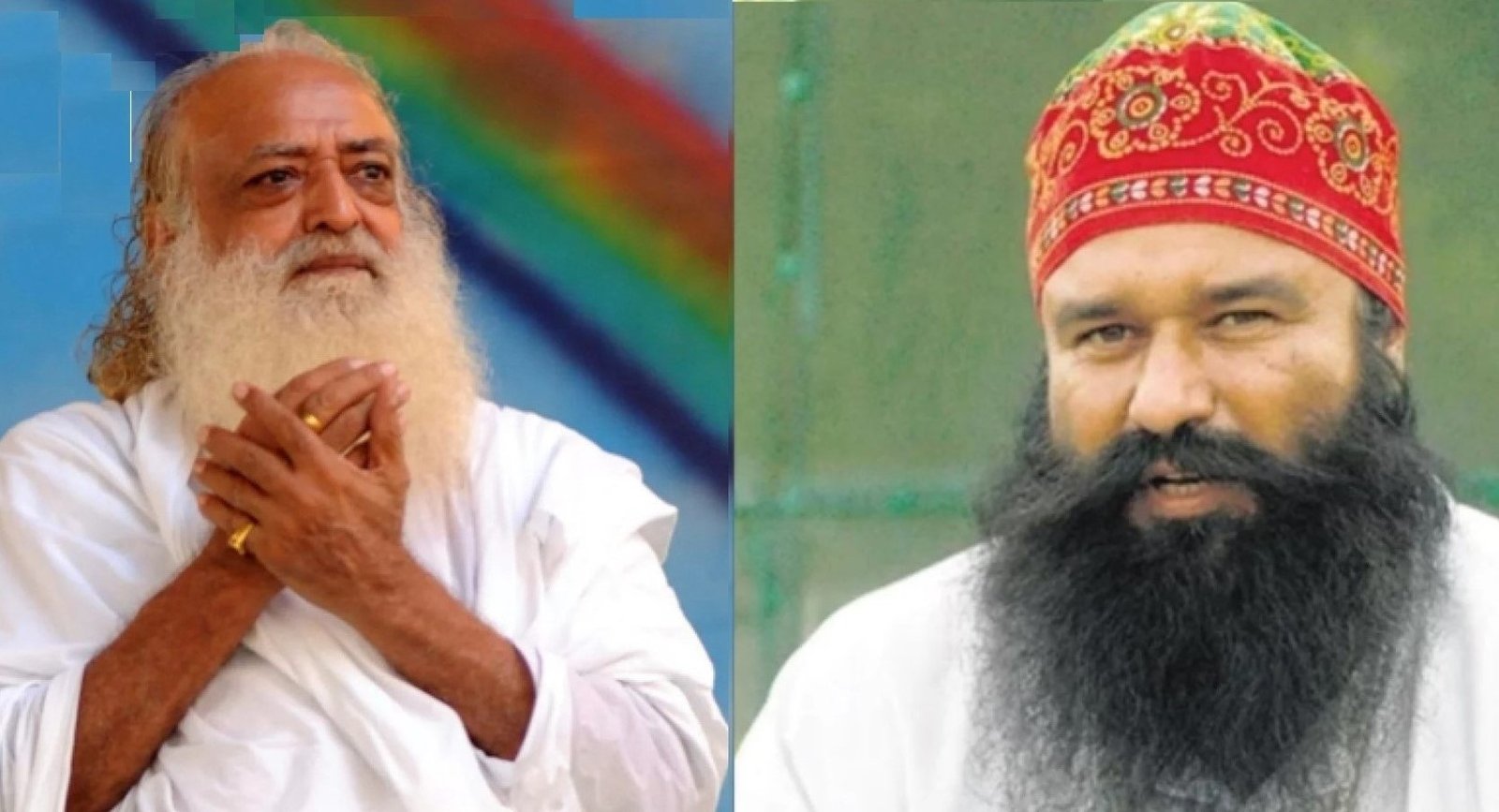
Reporter
Rommel is our Editor. He has close to three decades of experience in leading publishing houses including, Fortune India, Observer of Business & Politics, The New Indian Express etc.
View Reporter News